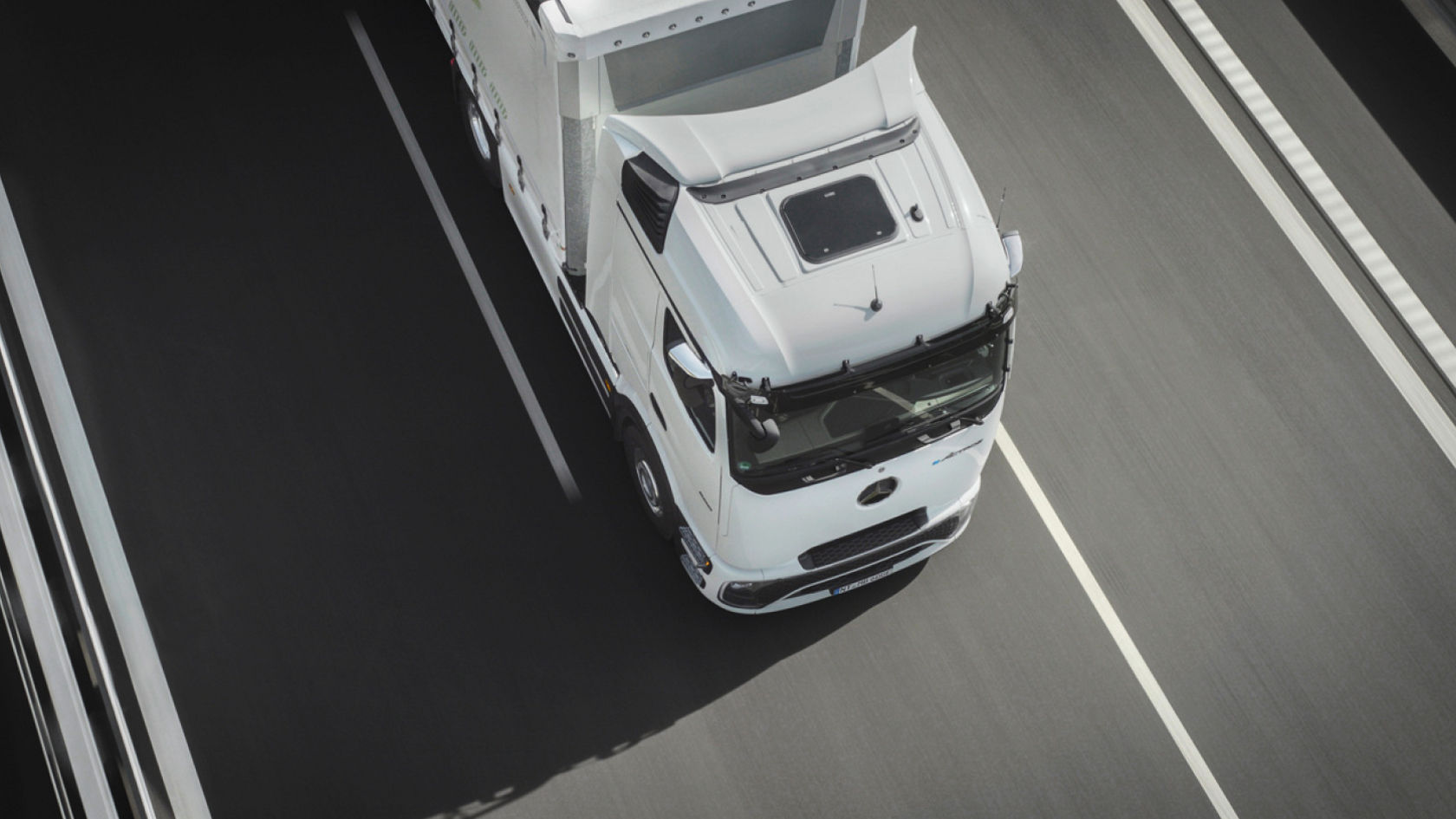
Questions about eMobility
What moves you.
Getting started with a new technology usually involves major challenges, a number of uncertainties and sometimes even prejudices. Here, our eMobility experts Carolin and Johannes provide answers to your most frequently asked questions.
eMobility
The transition is a team effort. From the very beginning.
What are the first steps towards eMobility?
"We want our customers to engage with the topic of charging infrastructure and we encourage them to consider all aspects at an early stage. Important topics are, for example, grid capacities and the duration of the necessary electricity planning and the final construction of the charging infrastructure."
What is eConsulting?
"Our company offers eConsulting to meet the needs of our customers and to support them in the transformation process. This means that we advise them on selected, optimised routes and provide information on potential funding programmes in their regions or countries. Another important aspect is the cost transparency throughout the entire ownership period that we offer our customers. In addition, we work closely with charging infrastructure and installation partners to plan and set up individually tailored charging infrastructure solutions for our customers' depots."
Charging and range
Range: The technology is ready.
What range do the eTrucks from Mercedes‑Benz Trucks offer?
"We have had very positive experiences with the range of our eTrucks. The central question is always how many kilometres the customer actually has to drive per day. A range of 250 kilometres is often already sufficient. For example, we have our eActros and our eEconic models, which are well-suited for customers in sales or waste management, with a range of around 300 kilometres. If the customer selects a vehicle with four battery packs, a range of around 400 kilometres is possible. For customers who cover more kilometres per day, we also have the right eTruck in our portfolio. Our eActros 600 has a range of 500 kilometres without recharging. This vehicle is geared towards long-distance transport customers.1"
How do temperatures affect the range of eTrucks?
"Cold temperatures have a negative influence on the range of an eTruck. That’s why we carry out extensive tests, for example, in northern Finland, with temperatures down to minus 25 degrees Centigrade. We also have a battery management system that keeps the temperature of the battery at the right level throughout operation."
What is megawatt charging?
"We plan to make it possible to charge the batteries of the eActros 600 from 20% to 80% in about 30 minutes at a charging station with around one megawatt of energy.2"
Safety
eTrucks also put safety first.
How safe are eTrucks?
"Just like our diesel trucks, our battery-electric trucks also meet the safety requirements. We also carry out crash tests with them, for example. We also have a battery safety concept that, for example, monitors the temperature of the battery throughout the entire operation of the truck. To further increase safety, our eTrucks naturally also have our comprehensive driver assistance systems, such as Active Brake Assist3 ."
Technology
Impressive on the inside too.
What is installed under the cab where the engine is in a conventional truck?
"You might think there’s an empty space, but that’s actually not the case. This is where our front box has been installed, where we have used the space efficiently to accommodate pumps, compressors and control units, for example."
Sound
In future, the throaty engine noise won't come from an engine at all.
How do eTrucks sound?
"They sound great. We have installed an audible vehicle warning system that generates artificial sound and makes the truck noticeable in its surroundings, especially at lower speeds."
You may also be interested in:

Charged to change

Ready for tomorrow, today

More than just a truck
1 The range has been determined internally under specific test conditions, after preconditioning with a 4x2 semitrailer tractor with a gross vehicle combination weight of 40 t, at an outside temperature of 20°C in long-distance operation, and can deviate from the values determined in accordance with Regulation (EU) 2017/2400.
2 Based on internal simulations because a binding and uniform Megawatt Charging System (MCS) standard is currently still being developed.
3 Assistance systems can only support drivers. The driver is always fully responsible for driving the vehicle safely.



